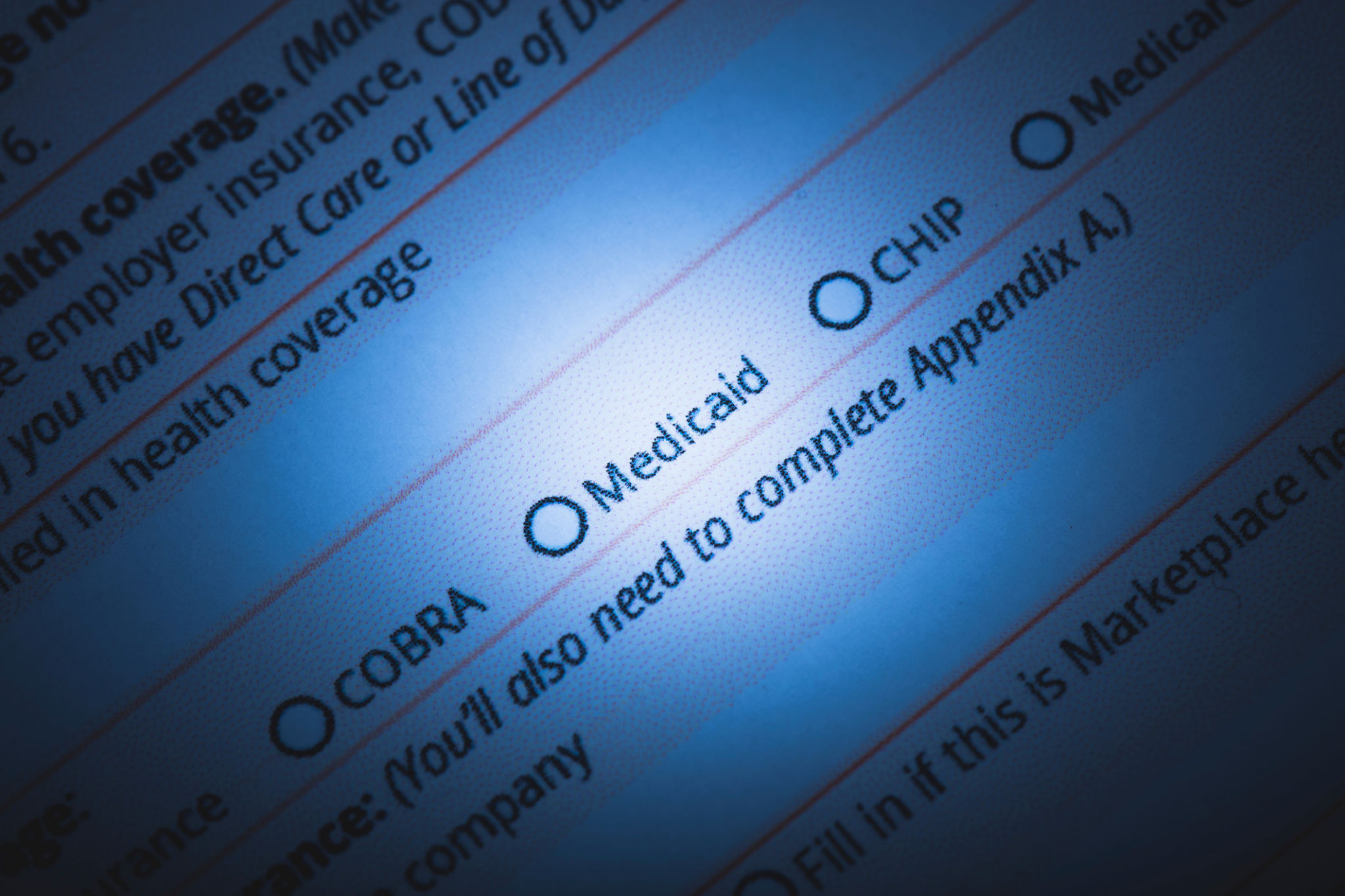Navigating Medicaid and Private Claims: A Guide for Small Businesses
Understanding Medicaid and Private Claims
For small businesses, navigating the complexities of healthcare claims can be a daunting task. Understanding the differences between Medicaid and private insurance claims is crucial for ensuring that your business remains compliant and that employees receive the benefits they deserve.
Medicaid is a state and federally funded program designed to provide health coverage to low-income individuals, while private insurance is typically offered through employers or purchased individually. Knowing the nuances of each can help streamline your claims process.

Eligibility and Enrollment
One of the first steps in managing healthcare claims is understanding eligibility requirements. Medicaid eligibility varies by state, with factors such as income, household size, and disability status playing a role. It's important to ensure that employees provide accurate information when applying for Medicaid coverage.
With private insurance, eligibility is often tied to employment status, with options for full-time and sometimes part-time employees. Small businesses need to clearly communicate enrollment periods and necessary documentation to their staff to facilitate a smooth process.
Claims Process for Medicaid
The Medicaid claims process involves submitting claims to the state's Medicaid office. These claims must include accurate information about the provided services, including dates, types of services, and any supporting documentation. Regularly reviewing claims for errors can prevent delays in reimbursement.

Small businesses should stay informed about state-specific Medicaid policies and changes. This ensures compliance and helps avoid potential penalties or issues with claim denials.
Handling Private Insurance Claims
Private insurance claims generally require submission to an insurance company rather than a government entity. The process involves verifying coverage, submitting claims with detailed service information, and tracking claim statuses. Utilizing electronic health records can simplify this process.
- Verify employee coverage regularly.
- Submit complete and accurate claims.
- Follow up on pending claims to ensure timely processing.

Maximizing Efficiency
To improve efficiency in managing both Medicaid and private insurance claims, consider implementing a robust healthcare management system. Such systems can automate routine tasks, minimize human error, and provide real-time updates on claim statuses.
Training staff on the nuances of each type of claim is also essential. Regular workshops or training sessions can keep your team updated on industry best practices and policy changes.
Legal and Compliance Considerations
Small businesses must be vigilant about maintaining compliance with both state and federal regulations regarding healthcare claims. This includes keeping abreast of changes in healthcare laws and ensuring that all submissions are accurate and truthful.
- Review legal requirements annually.
- Ensure all claims are compliant with HIPAA regulations.
- Consult legal experts when necessary to avoid costly mistakes.
By understanding the intricacies of Medicaid and private insurance claims, small businesses can better support their employees while maintaining operational efficiency and legal compliance.